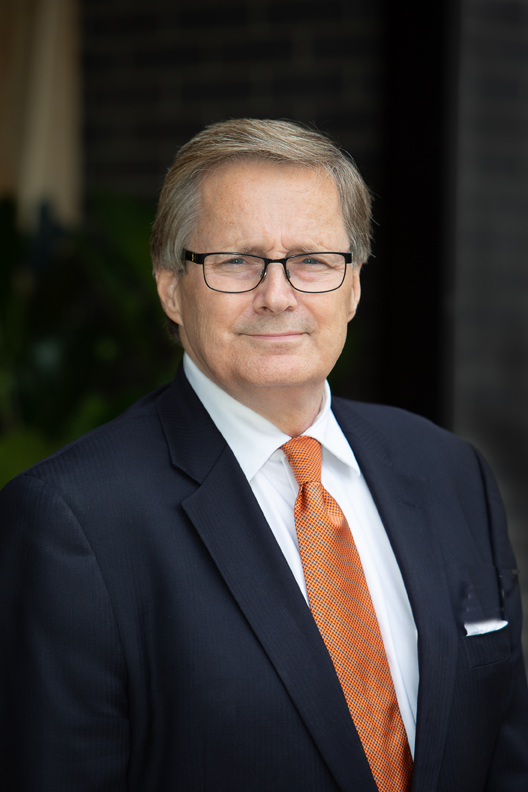Thanksgiving, the national holiday many claim as a cherished celebration in American culture, conjures images of family gatherings, feasting on roasted turkey, and expressions of gratitude.
However, beneath this familiar surface lie lesser-known facets and historical nuances that have shaped the holiday over the years. Delving deeper into the history and evolution of Thanksgiving unveils a tapestry rich with intriguing and lesser-explored details.
In today’s world, that seems to slowly be losing the art of saying thanks, it seems ironic how the cultural evolution seems to be “tolerating” Thanksgiving.
Each year it seems the Christmas season arrives earlier than the year before. After Halloween, the Christmas lights come out as we enjoy Thanksgiving meals amid Christmas trees and significant sprinkling of Christmas cheer.
Tracing back to the origins, while the popular narrative often credits the Pilgrims’ 1621 feast with Native Americans in Plymouth, Massachusetts, as the first Thanksgiving, some say historical evidence suggests otherwise.
Historians say Indigenous peoples across the Americas had established their own ceremonies of thanks long before the arrival of European settlers, acknowledging the earth’s gifts and celebrating successful harvests through communal gatherings.
What is most important, is how the modern art of giving thanks has evolved and how one of our greatest presidents had the insight to know a holiday of “thanksgiving” could perhaps begin to mend the fabric of a divided nation.
As politically split as we are in 2023, the situation was obviously much worse when President Abraham Lincoln declared “Thanksgiving” a national holiday in 1863.
While some say we are fighting a ‘cold’ cultural civil war today, it ironically was in the middle of a “very hot” Civil War when the President instituted the holiday.
No one can truly know President Lincoln’s thinking, but then, like now, we lived in a single nation that, by its very founding, was fighting a war because the founding fathers created a constitution that allowed citizens to lawfully think and speak freely, even if the political process designed to resolve such disputes had failed.
Lincoln’s proclamation establishing Thanksgiving as a national holiday was issued on October 3, 1863, during the midst of the American Civil War. The text of his proclamation includes the following words:
“The year that is drawing towards its close, has been filled with the blessings of fruitful fields and healthful skies. To these bounties, which are so constantly enjoyed that we are prone to forget the source from which they come, others have been added, which are of so extraordinary a nature, that they cannot fail to penetrate and soften even the heart which is habitually insensible to the ever watchful providence of Almighty God.”
It continued.
“It has seemed to me fit and proper that they should be solemnly, reverently and gratefully acknowledged as with one heart and voice by the whole American people. I do, therefore, invite my fellow citizens in every part of the United States, and also those who are at sea and those who are sojourning in foreign lands, to set apart and observe the last Thursday of November next, as a day of Thanksgiving and Praise to our beneficent Father who dwelleth in the Heavens.”
The President’s proclamations emphasized gratitude, recognizing the blessings bestowed upon the nation and calling upon Americans to set aside a day for giving thanks and praise to God for these blessings. Lincoln’s words reflect a desire to unify the nation during a challenging period and to cultivate a spirit of gratitude amid the trials of war.
It should not be lost on any of us that today, we see political divisions, though different, that led us down that bloody path in the 1860s. Not only do we refuse to listen to each other, we cannot even get a consensus on who is our legimate President.
Although we see sharp divisions in local government and hate speech on the rise. we are blessed to remain one nation and locally, see our communities abound with goodness, generosity and fellowship.
According to the Pew Research Center, approximately 90 percent of both GOP families and Democratic families get immense joy from being with family at Thanksgiving.
And so while there is much for which to not be thankful, we can at least be thankful there is still a day for us all to give thanks.
More than 300 million citizens can share a table of thanksgiving while co-existing in a single nation seems today like a stroke of brilliance from Lincoln’s act exactly 160 years ago.
All these years later, we still share radically different beliefs, yet the social fabric of our communities remains strong and the fact that we still pause for a day to be thankful, even in our own ways, is indeed worth the endurance of a bit of turkey and gravy.
Happy Thanksgiving.

